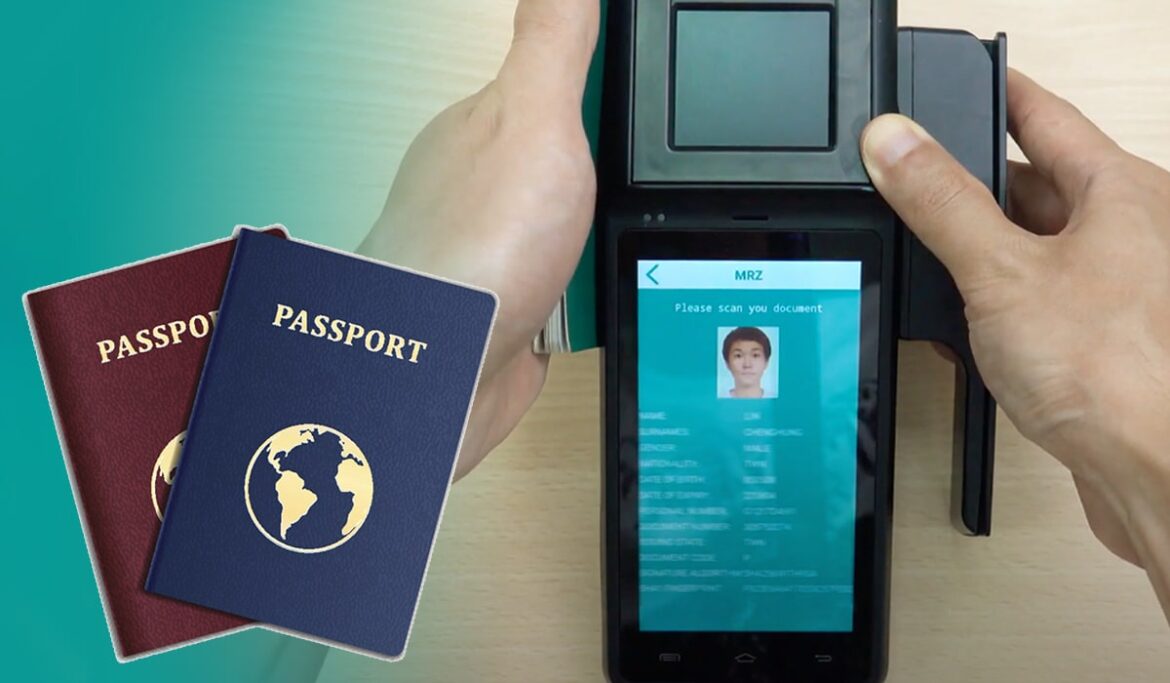ID scanning technology has become increasingly prevalent in various aspects of daily life, playing a crucial role in enhancing security, streamlining operations, and ensuring compliance with legal regulations. From retail and hospitality to finance and healthcare, the use of ID scanners has expanded significantly, driven by the need for accurate and efficient identity verification. As the world continues to digitize and the demand for secure transactions grows, the reliance on ID scan systems is expected to increase even further.
One of the most common applications of ID scanning is in verifying the age of individuals purchasing age-restricted products, such as alcohol or tobacco. In retail settings, ID scanners help businesses comply with legal requirements by ensuring that only eligible customers can purchase these items. This not only protects businesses from potential legal penalties but also promotes responsible consumption. Similarly, in the hospitality industry, ID scanning is often used during check-in processes at hotels, where it speeds up the procedure and enhances the overall guest experience.
In the financial sector, ID scanning plays a critical role in reducing the risk of fraud and identity theft. Financial institutions use ID scanners to verify the identity of customers opening new accounts, applying for loans, or conducting high-value transactions. This process is essential for compliance with Know Your Customer (KYC) regulations, which require financial institutions to verify the identities of their clients to prevent money laundering and other illicit activities. By automating the verification process, ID scanning reduces the chances of human error and ensures a higher level of accuracy.
Security is another area where ID scanning technology has made a significant impact. In environments such as airports, government buildings, and corporate offices, controlling access to secure areas is paramount. ID scanners help monitor who enters and exits these facilities, preventing unauthorized access and ensuring that only authorized personnel can enter restricted areas. This not only enhances physical security but also provides a digital record of individuals who have accessed certain areas, which can be crucial for auditing purposes or in the event of an emergency.
In healthcare, ID scanning technology is used to verify patient identities, which is critical for preventing medical errors and ensuring that patients receive the correct treatment. For example, hospitals and clinics use ID scanners during the check-in process to match patients with their medical records. This reduces the likelihood of mistakes, such as administering the wrong medication or treatment to a patient. Additionally, by streamlining the check-in process, ID scanning can reduce wait times and improve the overall efficiency of healthcare services.
Despite the many benefits of ID scanning technology, there are also significant privacy concerns associated with its use. One of the primary concerns is the potential for misuse of personal data. ID scanners often capture and store sensitive information, such as names, addresses, and dates of birth. If this data is not properly secured, it could be accessed by unauthorized individuals, leading to identity theft or other forms of fraud. Furthermore, there is the issue of data retention, where businesses may store personal information longer than necessary, increasing the risk of data breaches.
Another concern is the potential for surveillance and the erosion of individual privacy. In some cases, businesses or institutions may use ID scanning technology to track individuals’ movements or behavior without their explicit consent. This can create a sense of unease among individuals who feel that their privacy is being invaded, especially if they are unaware of how their data is being used. The potential for such surveillance raises ethical questions about the balance between security and privacy.
To mitigate these privacy concerns, it is essential for businesses and institutions that use ID scanning technology to implement robust data security measures. This includes encrypting the data collected, limiting access to the data to authorized personnel, and regularly auditing the systems to ensure compliance with privacy laws and regulations. Transparency is also crucial; individuals should be informed about what data is being collected, how it will be used, and what measures are in place to protect their privacy. Providing clear and concise privacy policies can help build trust between businesses and their customers, ensuring that the benefits of ID scanning technology are realized without compromising individual privacy.
In conclusion, ID scanning technology offers numerous advantages across various industries, from enhancing security and operational efficiency to ensuring compliance with legal requirements. However, these benefits must be balanced against the privacy concerns that arise from the collection and storage of personal data. By implementing strong data security measures and being transparent about data usage, businesses can maximize the benefits of ID scanning while minimizing the risks to privacy. As the use of this technology continues to grow, striking this balance will be increasingly important in maintaining public trust and ensuring that ID scanning remains a valuable tool in our increasingly digital world.








